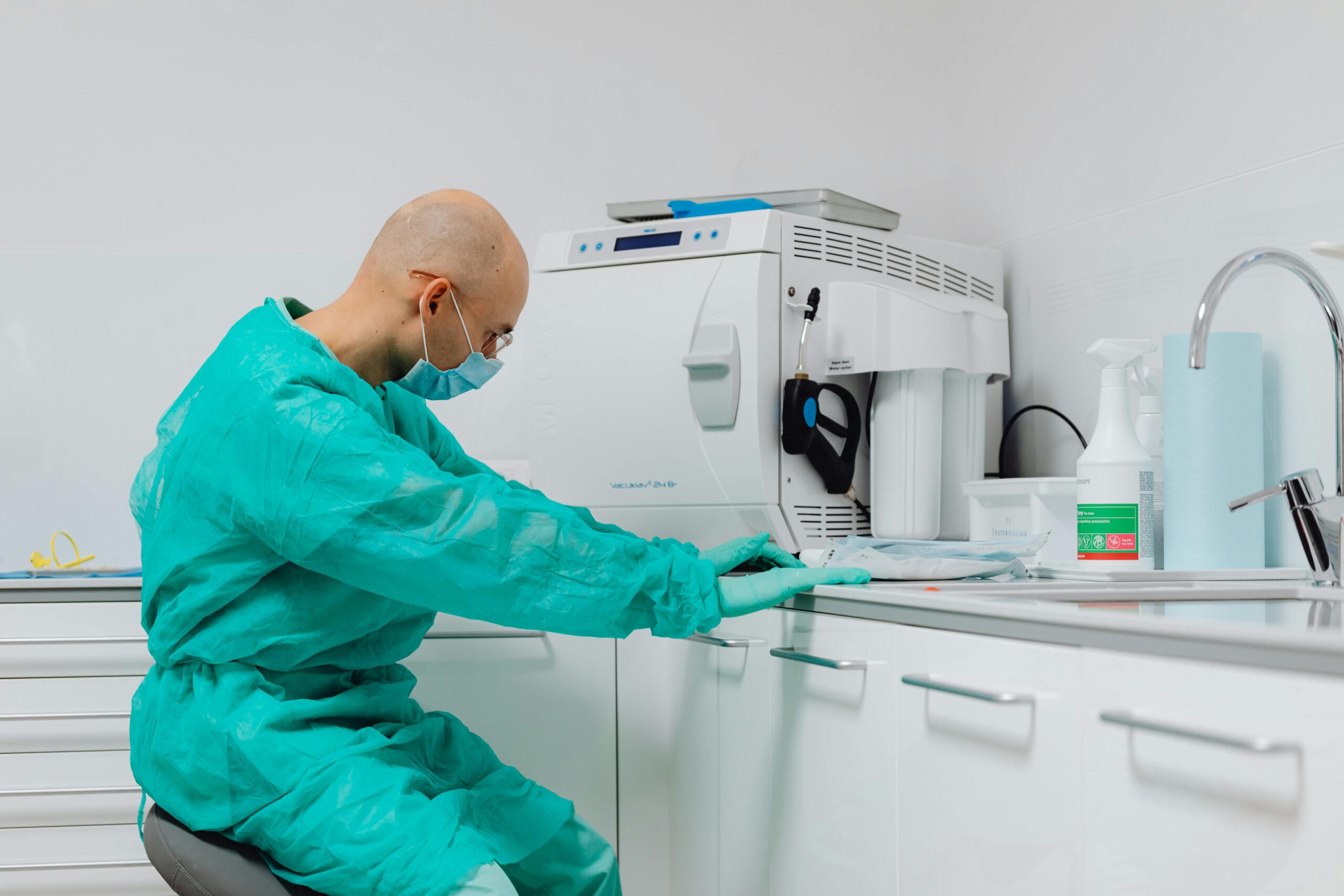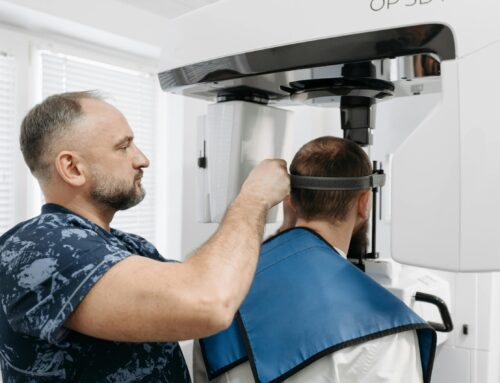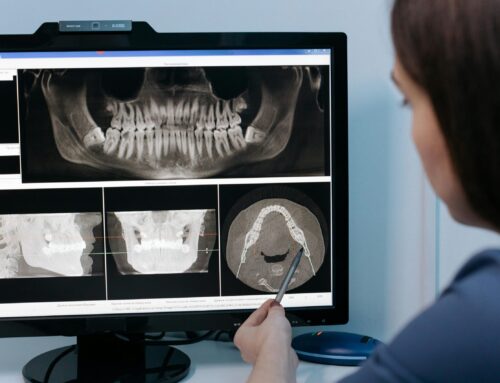We think of dental care as cleanings, fillings or orthodontics. But diagnostic lab tests play a big role in overall patient care. These tests give us critical information about a patient’s overall health, so we can diagnose conditions, create treatment plans and keep patients safe.
Why Diagnostic Lab Tests Matter in Dentistry
Oral health is connected to overall health. Many systemic diseases like diabetes or autoimmune disorders first show up in the mouth. Oral infections or conditions can affect other parts of the body. Diagnostic lab tests bridge the gap between oral and general health so we can make informed decisions.
Supporting Diagnosis
Confirming Diagnosis Lab tests can confirm systemic conditions that affect oral health. For example, diabetes can increase the risk of gum disease and blood tests can reveal this underlying condition. Specific markers in lab results can indicate anemia or immune deficiencies that may impact dental treatment.
Treatment Planning
Treatment Planning Some dental procedures like oral surgery or implant placement require careful planning. Lab tests like coagulation profiles and blood sugar levels ensure a patient is healthy enough for the procedure. These tests also reduce risks during and after treatment.
Ensuring Patient Safety
Patient Safety For patients on blood thinners or with conditions like heart disease, lab tests give us critical information to avoid complications. We can work with other healthcare providers to adjust medications or timing of procedures so treatment is safe and effective.
Lab Tests Used in Dentistry
Complete Blood Count (CBC) A CBC checks overall health and detects infections, anemia or clotting disorders. These are important for patients having oral surgery or managing chronic gum infections.
Blood Sugar Testing blood sugar is important for patients with diabetes or at risk. High blood sugar levels can affect healing after dental procedures and gum disease.
Inflammatory Markers Markers like C-reactive protein (CRP) can indicate systemic inflammation which is often connected to gum disease. Knowing these markers allows us to treat oral and systemic inflammation.
Vitamin and Mineral Levels Deficiencies in vitamins like Vitamin D or minerals like calcium can affect bone health and gum integrity. Lab tests can detect these deficiencies so we can recommend dietary changes or supplementation.
Benefits to Patients
Early Detection Lab tests can reveal underlying conditions before they become oral or systemic problems. Early detection allows us to intervene before problems occur and protect oral and overall health.
Personalized Treatment Plans By knowing a patient’s health status we can tailor treatment. For example, knowing a patient’s clotting factors means safe oral surgery and knowing nutrient deficiencies means better long term results.
Better Health Outcomes Combining lab tests with dental care means better outcomes. Patients have fewer complications, faster healing and overall better health when their care is guided by comprehensive diagnostic information.
How LaboratoryAssist supports Diagnostic Lab Testing for Dentistry
LaboratoryAssist, provides affordable and accessible diagnostic testing, patients gain access to essential lab services without financial stress.
- Affordable Options: LaboratoryAssist has transparent pricing so uninsured and self-pay patients can get lab tests without financial stress.
- Nationwide Access: With labs across the U.S. LaboratoryAssist makes it easy to schedule and complete lab tests and get results quickly.
- Full Range of Tests: LaboratoryAssist offers a variety of lab tests from blood panels to vitamin tests so dentists can get the information they need to plan treatment.
Conclusion
Diagnostic lab tests are a critical component of modern dental care, bridging the gap between oral and systemic health. By providing valuable insights into a patient’s overall health, these tests enhance diagnosis, treatment planning, and patient safety.






